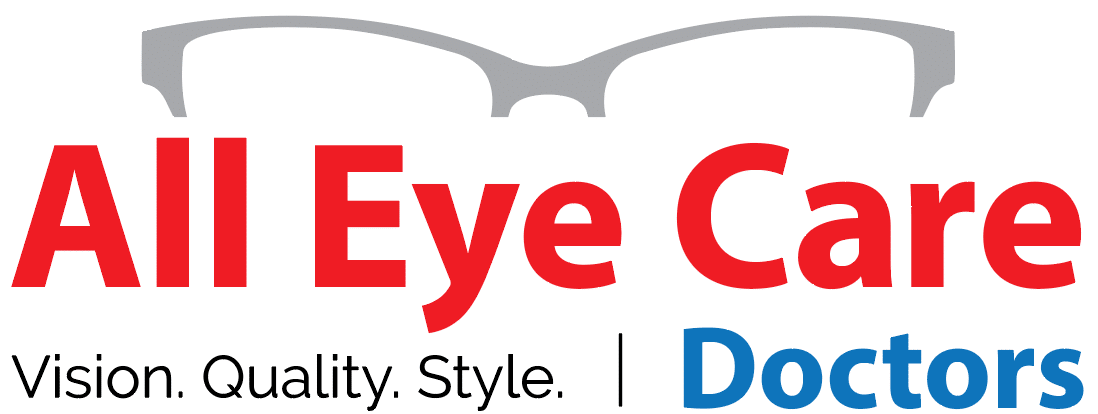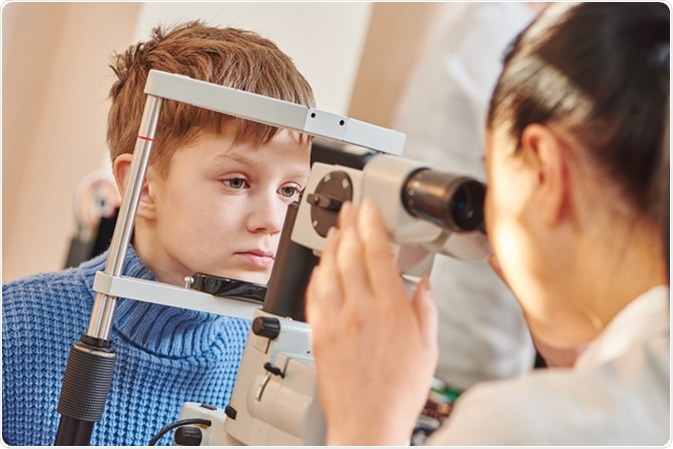Andalusia Eye Facility: Innovating Vision Care for Community Health
Andalusia Eye Facility: Innovating Vision Care for Community Health
Blog Article
Is Refractive Surgery Right for You? Aspects to Take Into Consideration for Better Eyecare
In the realm of eye care, the choice to undertake refractive surgical procedure is a significant one that demands thoughtful consideration. As individuals seek clarity and freedom from the restraints of corrective lenses, many aspects enter play when determining the viability of such a procedure. From the details of one's eye wellness to the details of personal expectations and daily routines, each element holds value in the wider landscape of refractive surgery candidateship. By reviewing these essential components with treatment and accuracy, a more clear course in the direction of educated decision-making arises.
Eye Health Examination
When taking into consideration refractive surgical procedure, an extensive eye wellness evaluation is important to examine the viability of the treatment for each person. eye doctors in andalusia. This examination entails a series of examinations and tests carried out by an eye care specialist to establish the general wellness of the eyes, the existence of any underlying conditions, and the security of the refractive error
During the assessment, numerous aspects are taken right into account, such as the person's medical history, current eye prescription, corneal thickness, pupil dimension, and tear film high quality. These evaluations help to identify any type of contraindications to refractive surgery, such as corneal problems, cataracts, or without treatment eye infections. In addition, the assessment helps to handle individual assumptions relating to the prospective outcomes of the surgical procedure based on their special eye qualities.
Eventually, the eye wellness evaluation is crucial in ensuring the safety and efficiency of refractive surgery, as it provides useful understandings right into the individual's eye health and wellness condition and helps determine the most ideal treatment choices for achieving optimum visual end results. (andalusia pediatrics)
Way Of Living Analysis
A detailed way of life assessment is essential in establishing the viability of refractive surgery for a person's aesthetic modification requirements. Way of living factors such as occupation, pastimes, and daily tasks play a crucial duty in the decision-making procedure pertaining to refractive surgery. Individuals with occupations that include a high level of physical task or exposure to ecological components may have various visual demands contrasted to those with inactive desk jobs. Understanding just how an individual's way of life may impact their vision post-surgery is vital for handling assumptions and making sure optimal results.
Moreover, way of life behaviors such as sporting activities involvement, outside tasks, or perhaps skin care regimens can affect the recovery process and total success of refractive surgical procedure. Individuals who involve in contact sports might require to take added preventative measures to secure their eyes during the recuperation duration. Additionally, people with considerable sunlight exposure may need added post-operative like protect against complications. By carrying out a thorough way of life analysis, eye treatment experts can customize their suggestions and therapy strategies to satisfy the distinct demands of each person, eventually leading to enhanced visual end results and contentment.
Expectation Placement

Clients need to comprehend that while numerous people accomplish 20/20 vision or far better following refractive surgery, some may still call for glasses for specific tasks like reading or driving at night. Taking care of these expectations aids stop dissatisfaction and dissatisfaction post-surgery, leading to a much more positive total experience for the patient.
Danger Analysis

Elements that might raise the threat of difficulties include age, particular medical problems like autoimmune illness, unsteady vision prescription, slim corneas, and impractical individual assumptions. Furthermore, choosing a skilled and seasoned cosmetic surgeon, following pre and post-operative treatment directions vigilantly, and revealing any type of relevant case history can aid alleviate risks.
To decrease the chance of problems, ophthalmologists conduct comprehensive pre-operative assessments to recognize any contraindications to surgical procedure. They likewise discuss the possible threats and benefits with people during the assessment process. By taking part in open communication and shared decision-making, both the person and the eye doctor can function together to identify if refractive surgical procedure is the best option based on specific threat profiles and preferred outcomes.
Appointment Importance
Considering the essential duty of informed decision-making in assessing risks and possible problems in refractive surgery, the check my blog appointment procedure holds considerable significance in important site assisting people towards optimal results. Throughout the assessment, the ophthalmologist evaluates the client's eye health, refractive mistakes, and overall suitability for surgery. This preliminary evaluation is critical in figuring out the most suitable procedure for every person, taking into account elements such as corneal thickness, student size, and existing eye problems.
In addition, the appointment works as a chance for patients to review their expectations, concerns, and any type of concerns they might have regarding the surgery. Clear interaction between the patient and the doctor is important to make certain reasonable expectations and a complete understanding of the prospective risks and advantages involved.
Furthermore, the assessment enables the specialist to clarify the different medical alternatives available, their particular end results, and the post-operative care needed. This thorough conversation empowers individuals to make educated choices regarding their eye care, causing far better complete satisfaction and results post-surgery.
Final Thought
In conclusion, individuals thinking about refractive surgery must undergo a thorough eye health and wellness analysis, analyze their way of life routines, align their expectations with potential end results, analyze the involved threats, and focus on examinations with eye care experts. These factors play a vital function in identifying the suitability of refractive surgery for every person, making certain ideal results and complete satisfaction with the treatment.
Individuals taking into consideration refractive surgery frequently have high assumptions regarding the end results, anticipating excellent vision without the need for glasses or get in touch with lenses. While refractive surgical procedure can significantly enhance vision and minimize dependency on visual aids, it is essential for individuals to understand that outcomes might differ based on specific factors such as the level of refractive mistake, corneal density, and general eye wellness.
By involving in open interaction and shared decision-making, both the eye doctor and the patient can function together to determine if refractive surgical procedure is the right option based on individual threat accounts and preferred results.
Considering the important duty of informed decision-making in assessing dangers and possible issues in refractive surgical treatment, the consultation procedure holds substantial significance in directing clients towards optimal end results. Throughout the assessment, the ophthalmologist evaluates the person's eye health and wellness, refractive content errors, and overall viability for surgical treatment.
Report this page